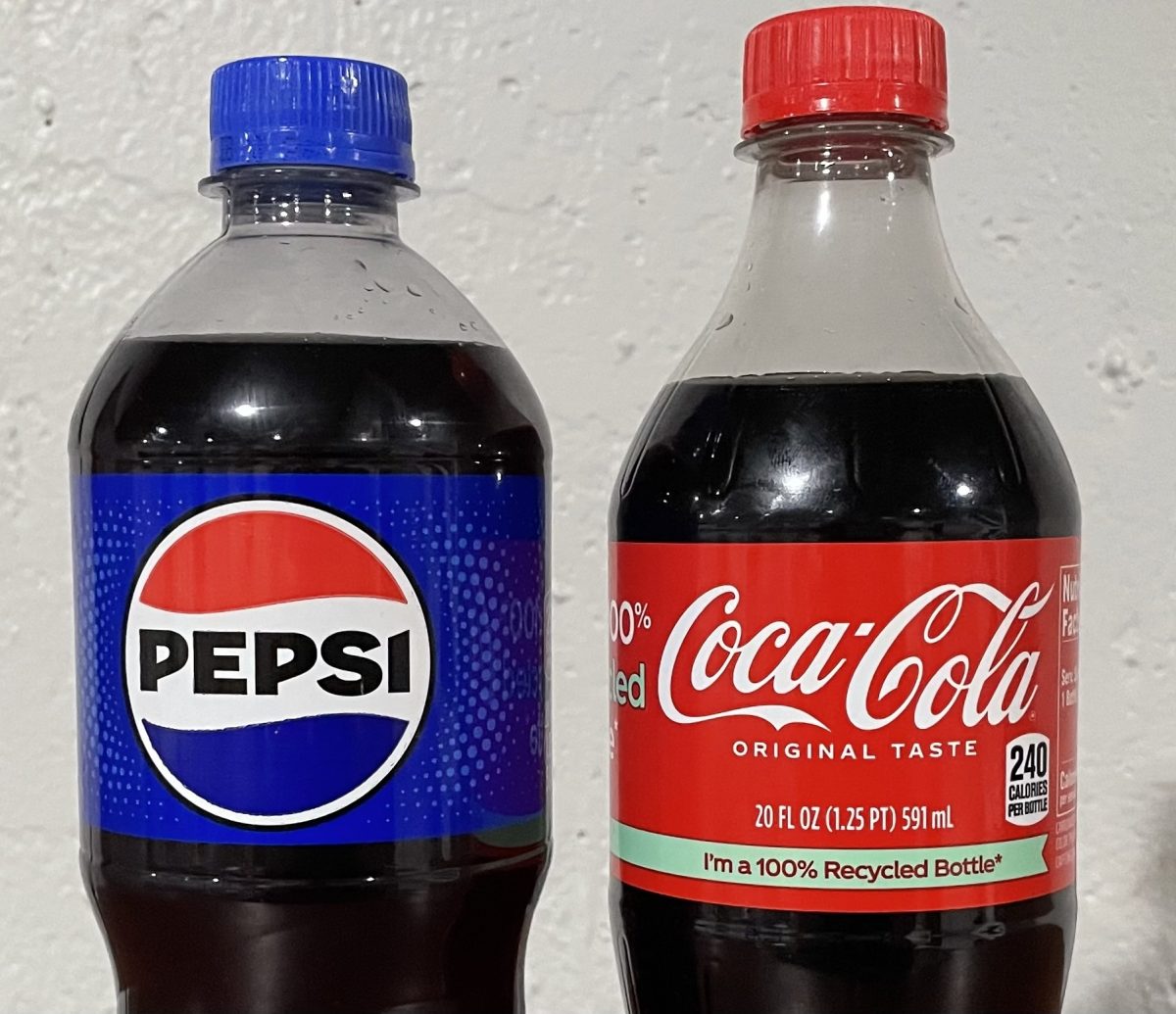Author’s Note: This article was finished and sent to the printer on September 22nd. The WGA Strike ended on September 26th. The SAG-AFTRA strike ended on November 8th. Thus, The information in this article is outdated.
On May 2, 2023, the Writers Guild of America (WGA), representing 11,500 writers, went on strike.
On July 13, standing in solidarity with them, and facing their own issues with studios, the Screen Actors Guild and American Federation of Television and Radio Artists (SAG-AFTRA) joined them, becoming part of the Hollywood labor dispute that has halted the entertainment industry. These writers and actors, many of whom are behind some of today’s most popular TV shows and movies, are going against mega studios to get what they think is fair.
The Issue of Pay
With reruns of shows and streaming services becoming ever more prevalent, in conjunction with inflation and the ever-rising cost of living, writers and actors both feel that they haven’t been compensated fairly. The effects of this are shown with seasons of shows getting shorter, with some shows having only around eight episodes per season.
The WGA wants to see protections for writers hired for these shorter seasons, and establish MBAs, which are minimum rates to be adjusted for new content. Similarly, the SAG-AFTRA, the guild representing actors, is looking for more compensation when shows go on long hiatuses.
The Impact of AI
A heavy point of contention even outside entertainment, Artificial Intelligence is both a blessing and a curse. For the many actors and writers in their guilds, the use of AI threatens their very job security.
With tools like ChatGPT having the ability to write scripts with a prompt and the click of a button, writers feel they are being exploited since their ideas can be used as prompts for the AI to make scripts that studios can use without compensating writers.
Actors also have many concerns about AI. In many blockbuster movies, like The Flash, AI is being used to make nostalgia-bait “cameos” that recycles old content, which some argue is a huge moral dilemma as well as an economic one.
Along with this, AI is being used to copy actors’ entire being, so that movies can use their likeness without compensating the actual actor. So, the SAG-AFTRA is looking for protections for their actors, such as not using their likeness without their consent or financial compensation, citing it as a real and effective threat to their livelihoods.
The Studio’s Offer
In early August, the Alliance of Motion Picture and Television Producers (AMPTP) met to discuss their response to the demands set forth by the striking workers.
The AMPTP, which represents corporations like Warner Bros. Discovery, Netflix, Paramount, Disney, and Amazon, revealed their offers to the WGA and SAG-AFTRA on Aug. 10. They were offering a 13% increase in pay, as well as a 15% increase if writers serve as producers in the first year of work.
The AMPTP agreed to a minimum staffing and job security for the writers, and they agreed to protect writers from AI usage for writing scripts. However, the WGA did not accept these terms, calling them “inadequate.” And so, the strike continues, with no clear end in sight.
At a Standstill
The issues about which the writers and actors disagree with the studios and corporations remain unresolved. Although the delays are disappointing to the viewer, the issues and reasons why the strikes are happening are important and valid, involving many people’s livelihoods. Until the two groups come to an agreement, Hollywood and entertainment in general has been brought to a standstill.



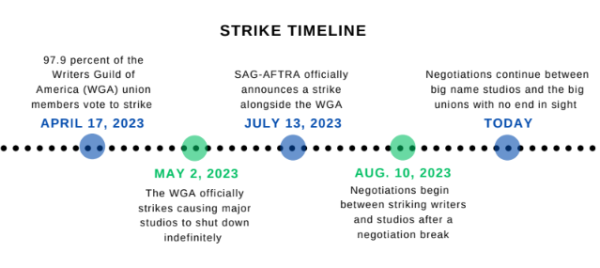

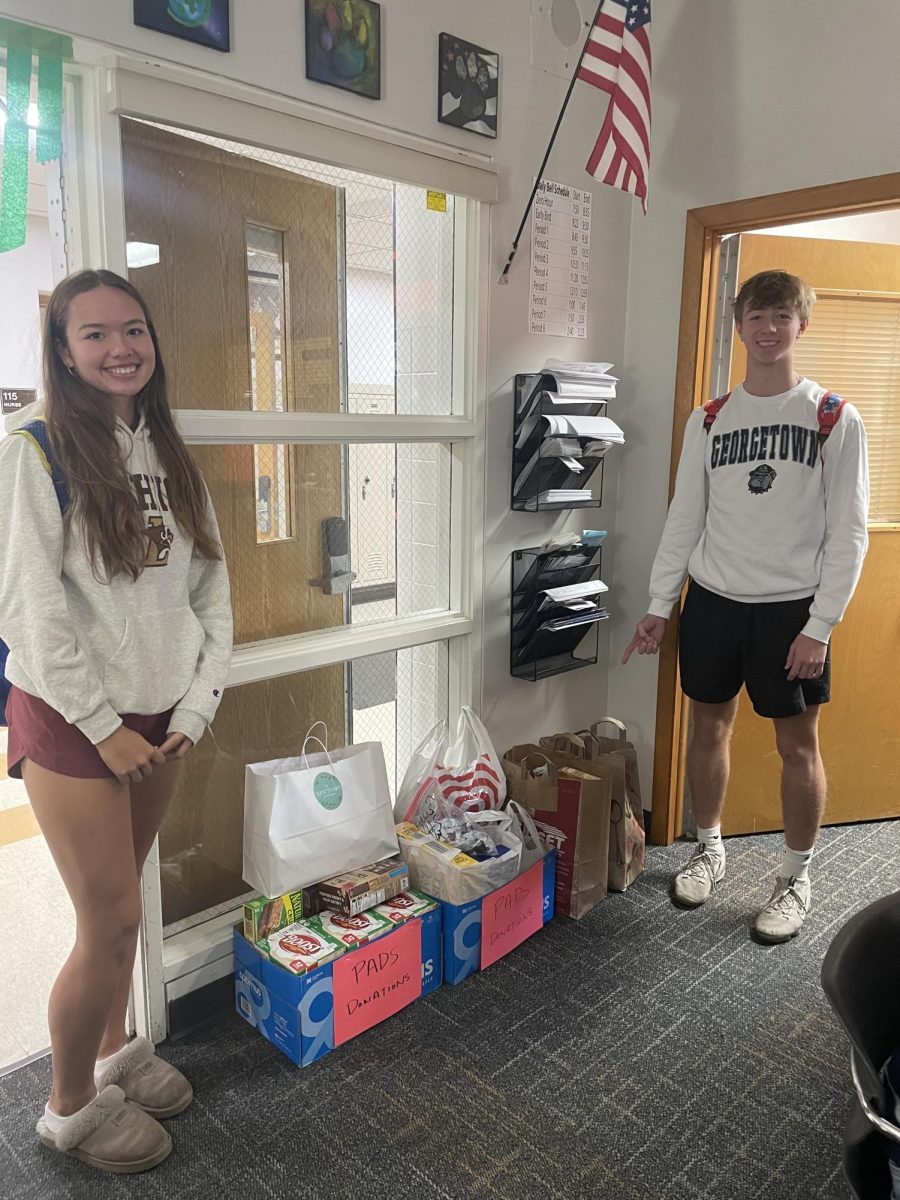
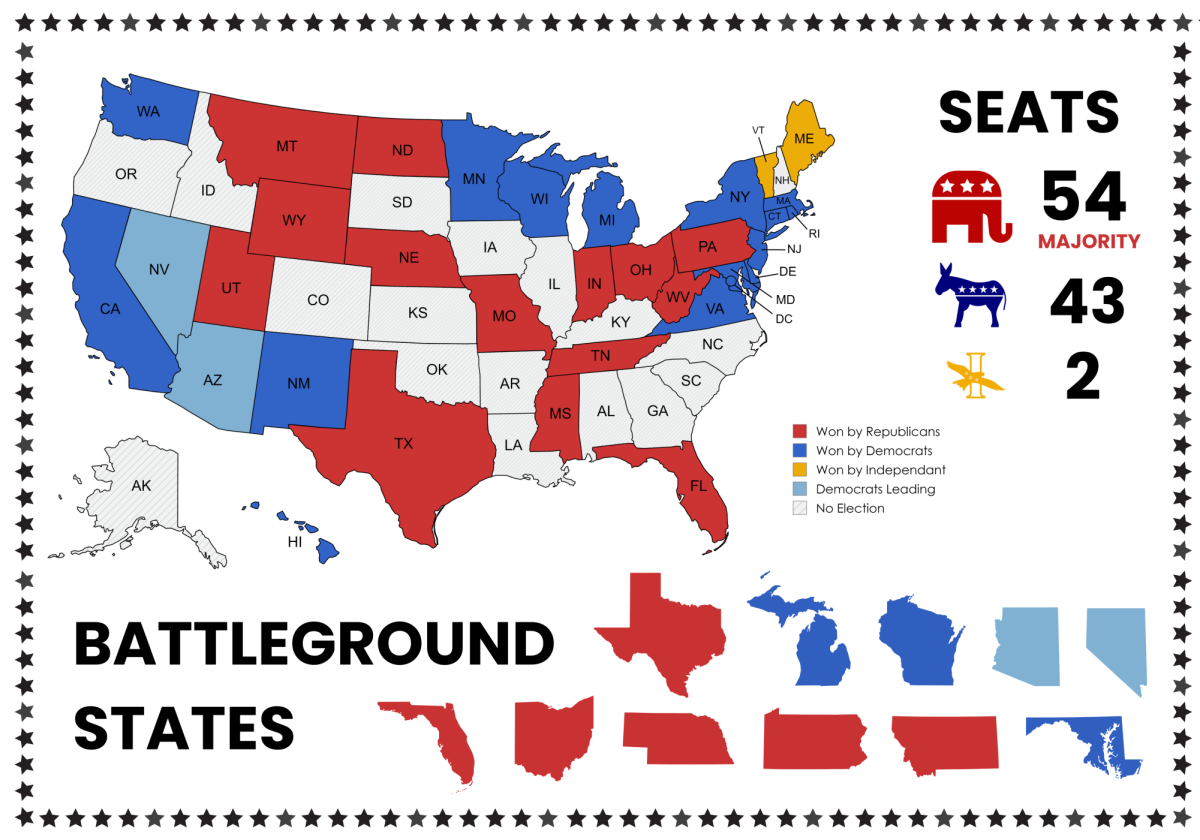
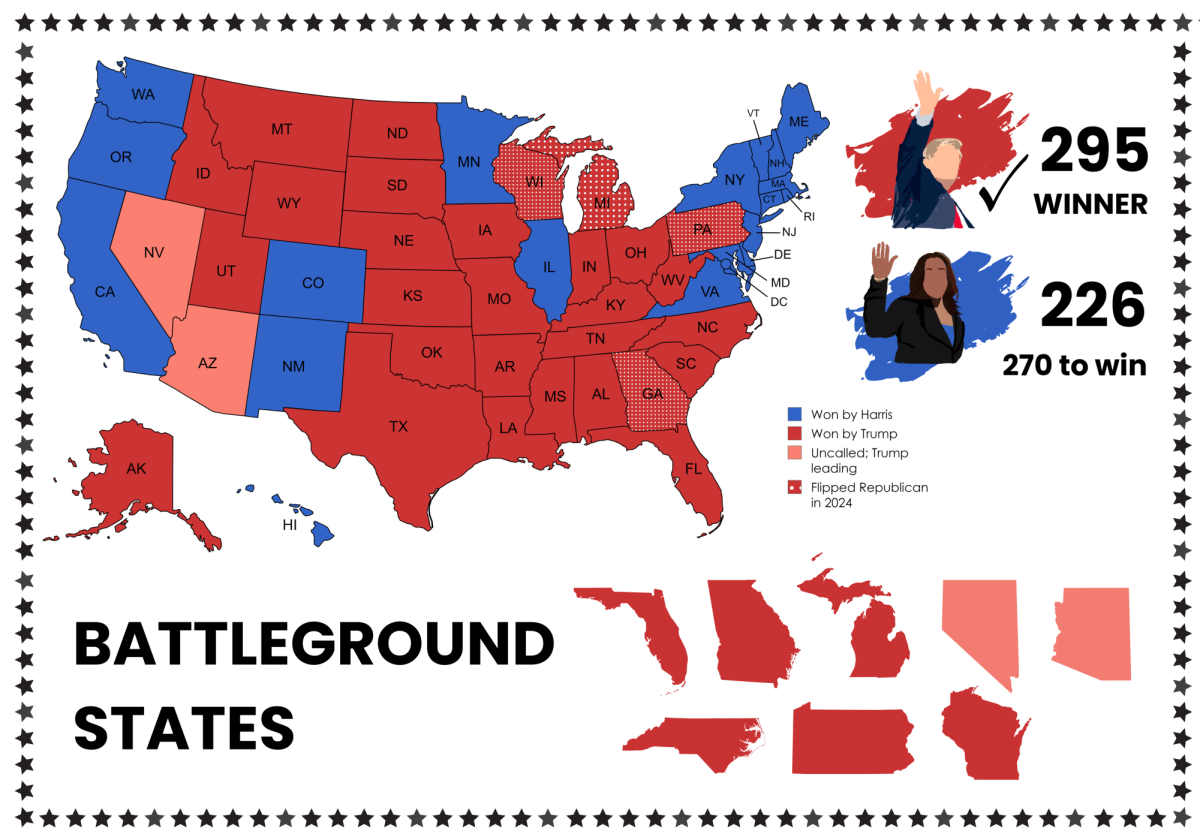
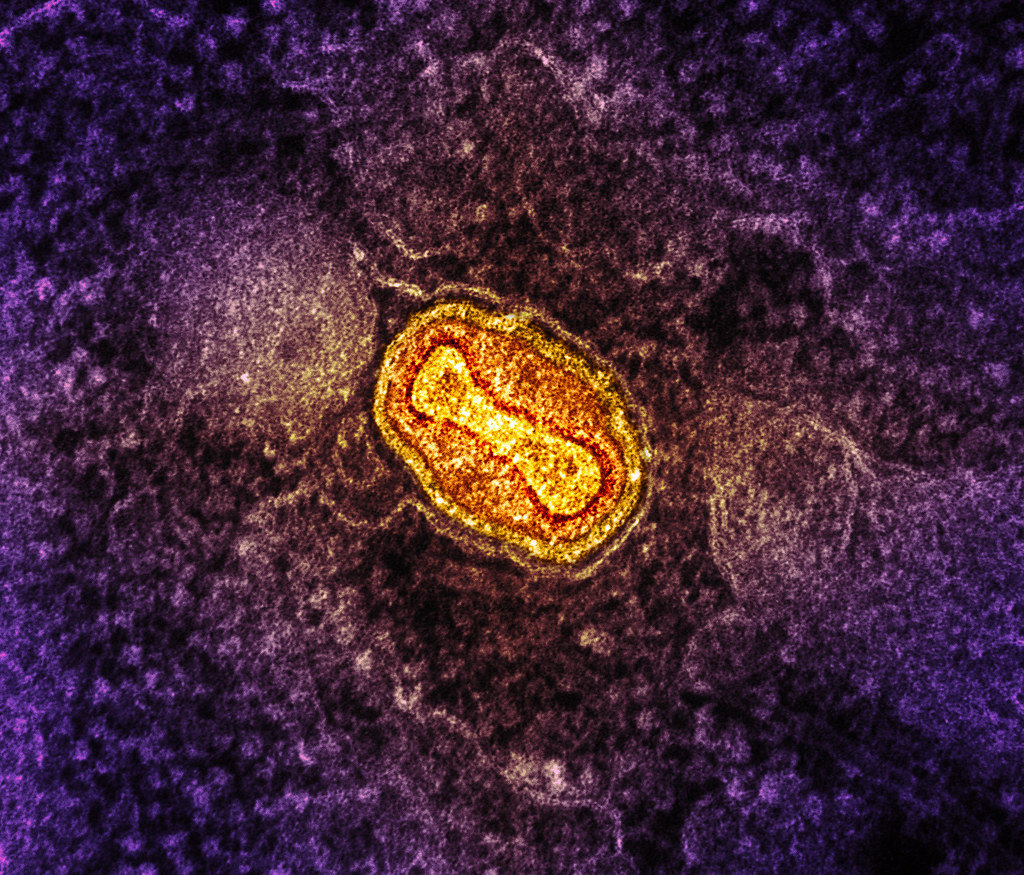
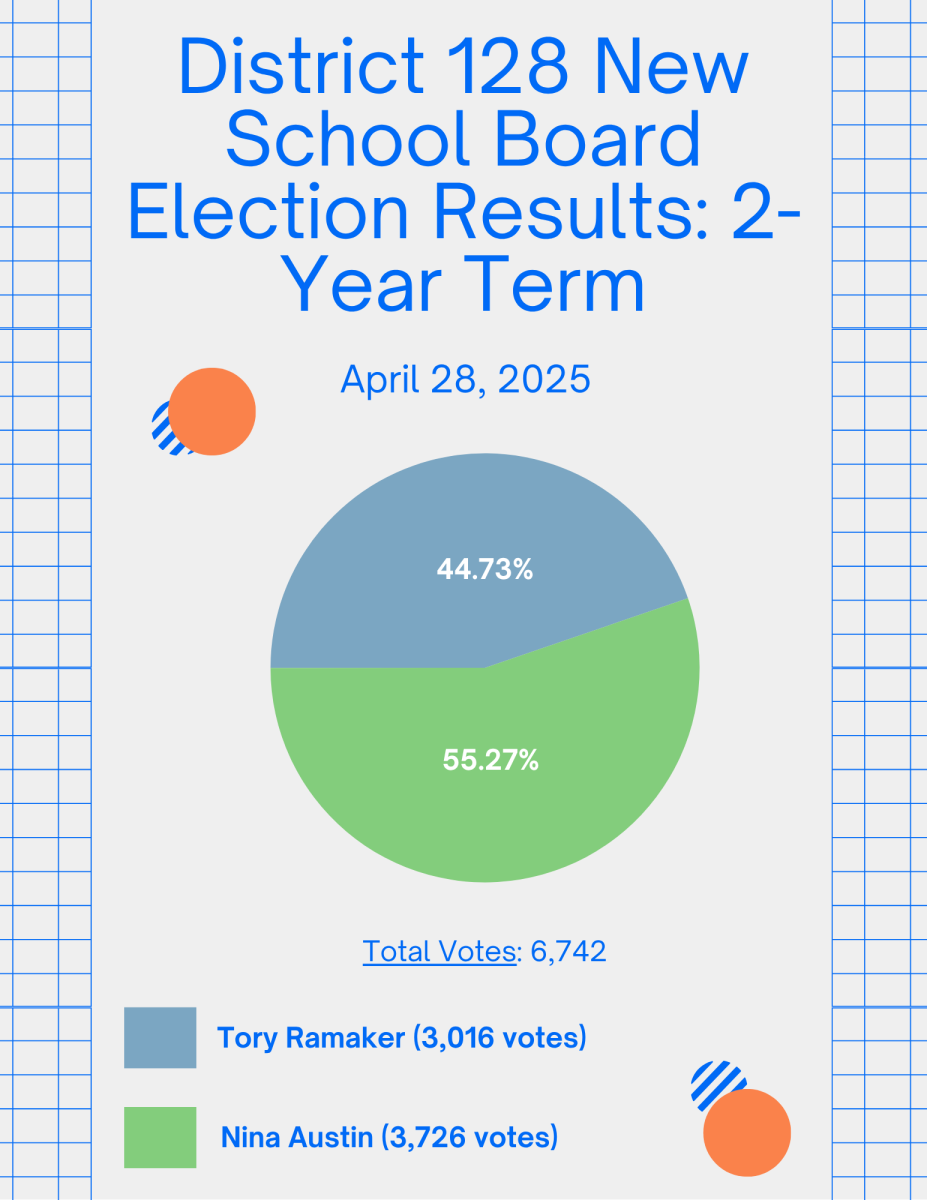
![Mr. Abullh Ali, manager/assistant, helps open Queen Yemeni Coffee in downtown Libertyville at 606 North Milwaukee Ave. With the help of employees such as manager and LHS senior Yousef Taha, they are able to bring the Yemeni and Ethiopian culture to Libertyville by using their Queen spices, cinnamon and cardamom in their drinks such as Adani Chai, which is inspired by Sheda, the Queen of Yemen and Ethiopia. “The history of our coffee [is] a long history and we believe that Yemen and Ethiopia started the coffee and we are bringing something unique to the community,” Mr. Ali said.](https://www.lhsdoi.com/wp-content/uploads/2025/04/Photo-1-1200x800.jpg)

